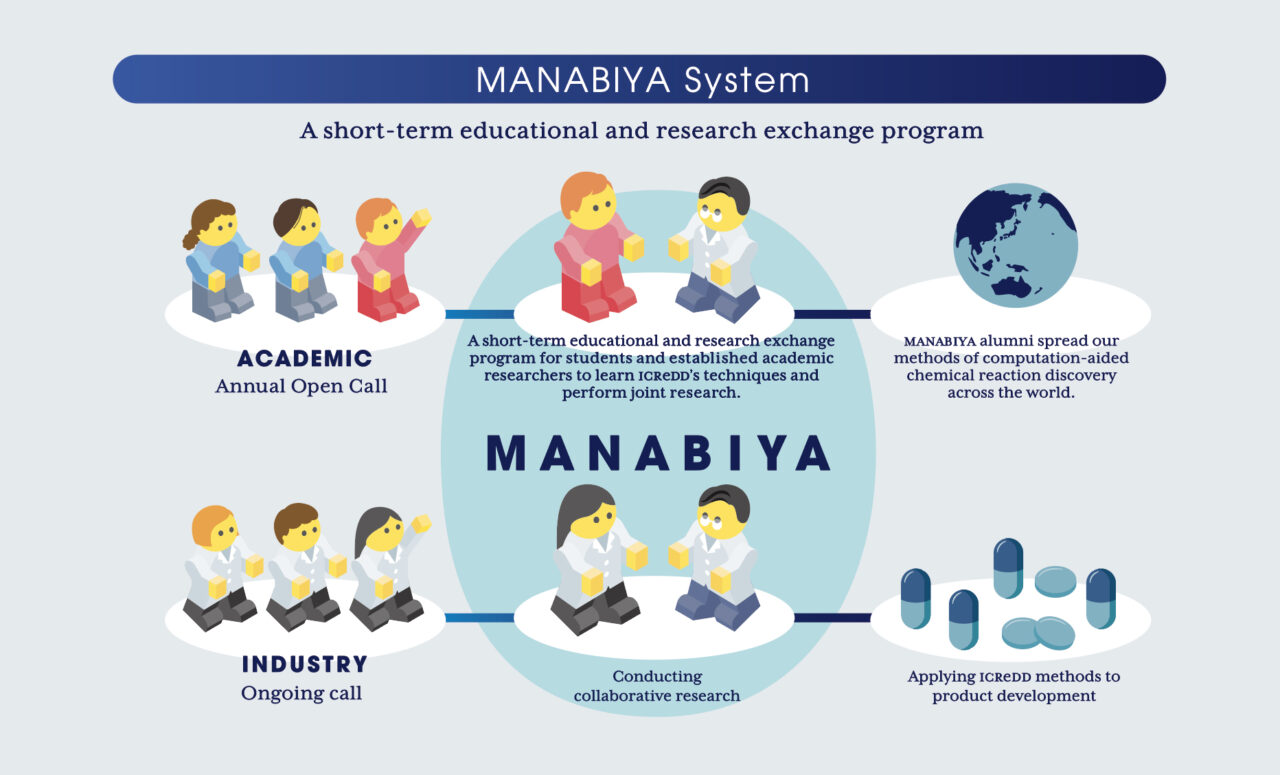The MANABIYA System
The application call for the 2026 MANABIYA (ACADEMIC) has been opened!
The application deadline is March 11th, 2026 (JST).
Click here for the application guidelines.
MANABIYA is an educational and research exchange program that fosters a new generation of researchers proficient in the three fields of computational science, information science, and experimental science and spreads the new interdisciplinary academic field of “Chemical Reaction Design and Discovery (CReDD)” worldwide. We aim to form an academic network, making ICReDD an internationally recognized research institution while discovering new research ideas.
MANABIYA consists of two frameworks: MANABIYA Academic, for researchers and students from universities or research institutes, and MANABIYA Industry, for researchers from companies. Please see MANABIYA Pamphlet for details.
MANABIYA Academic
(Annual call for applications)
Undergraduate students up through mid-career researchers from domestic and overseas research centers and universities are invited to stay at ICReDD for 2 weeks (minimum) to 3 months (maximum), during which participants develop professionally as they acquire techniques for developing new chemical reactions and discover new research ideas. Please see the FY2026 application guidelines for reference.
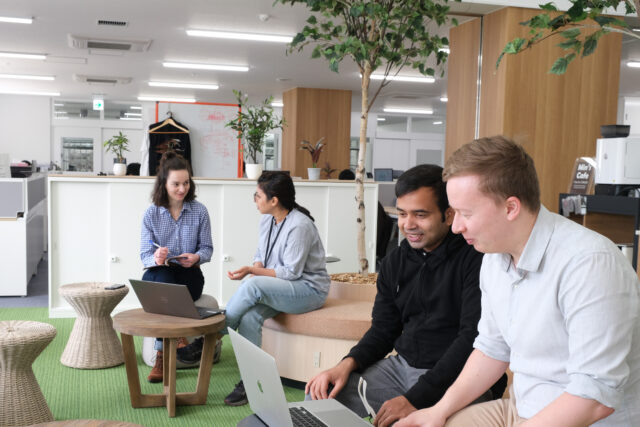
MANABIYA Industry
(Continuous call for applications)
.
.
.
Collaborations between ICReDD faculty and corporate researchers are promoted in the form of consulting and research collaborations.
Once you have identified a faculty performing research you are interested in, please contact ICReDD’s MANABIYA staff.
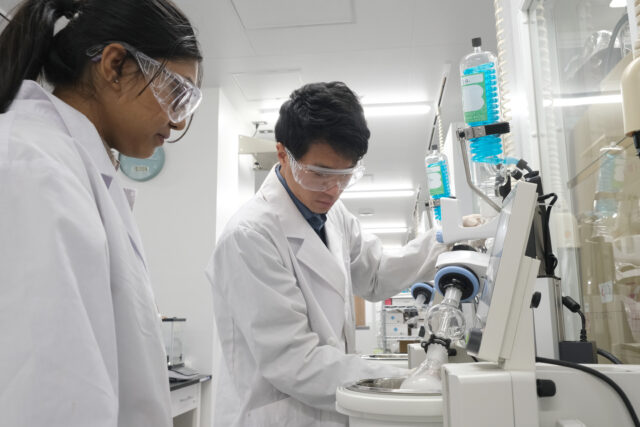
Research Topics
Research Topics
In both the MANABIYA Academic and Industry frameworks, participants experience ICReDD’s research environment that fuses the fields of computational science, information science, and experimental science and learn ICReDD’s unique methods while focusing on a research specialty of one of ICReDD’S PIs.
| 分野 | 受け入れ教員 | テーマ |
|---|---|---|
| Computational | MAEDA, Satoshi | Theoretical analysis and prediction of reaction mechanism using automated reaction path search methods |
| TAKETSUGU, Tetsuya | Calculation of excited state species and design of heterogeneous catalysts | |
| YAMAMOTO, Tetsuya *Rubinstein Group |
Theoretical calculation of polymer materials and macromolecules | |
| GAO, Min | Computational Catalysis | |
| JIANG, Julong | Exploration of Chemical Reactivities using Computational Chemistry | |
| Information | YOSHIOKA, Masaharu | Information extraction from chemical research papers |
| STAUB, Ruben *Varnek Group |
Advanced chemical data management and modeling | |
| TAKIGAWA, Ichigaku | Methods and practices for data-intensive research | |
| KOMATSUZAKI, Tamiki | Phase space geometry of chemical reactions and on-line machine learning to accelerate experiments | |
| SIDOROV, Pavel | Chemoinformatics tools for chemical data management, analysis and QSAR modeling | |
| Experimental | ITO, Hajime | Development of new reactions of small molecules with various elements |
| TSUJI, Nobuya *List Group |
Development of new reactions using organocatalysis | |
| INOKUMA, Yasuhide | Small to medium-size molecule synthesis and crystallography | |
| HASEGAWA, Yasuchika | Light-emitting materials with high brightness and durability | |
| GONG, Jian Ping | Synthesis of biocompatible/self-evolving gels and macromolecules | |
| OGAWA, Mikako | Development of fluorescent dyes for biological use | |
| TSUDA, Masumi | Cell control by new materials, development of next-generation diagnosis tools | |
| JIN, Mingoo | Development of a novel crystalline molecular rotor and solid-state functions |
Please refer here for a full list of ICReDD PIs and topics.
Publications
Publications
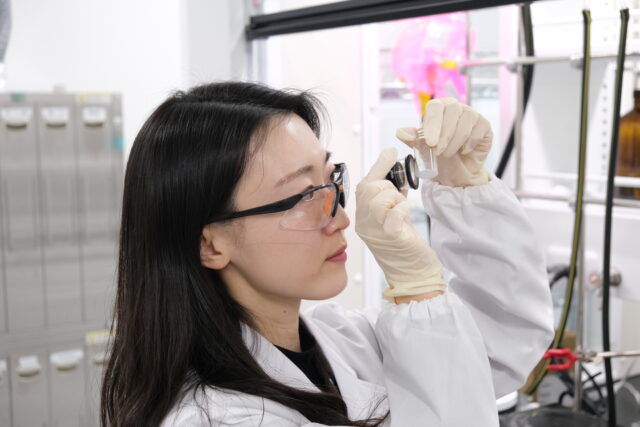 Participants in the MANABIYA ACADEMIC program acquire skills that push their research forward in meaningful ways. Follow the link below to see some of publications that include results obtained during the MANABIYA program:
Participants in the MANABIYA ACADEMIC program acquire skills that push their research forward in meaningful ways. Follow the link below to see some of publications that include results obtained during the MANABIYA program:
・MANABIYA Manuscripts
Awards
Awards
- The Student Presentation Award at the Chemical Society of Japan’s 104th Annual Meeting (2024/3/18)
Tsukasa Tawatari (Graduate School of Pharmaceutical Sciences, Kyoto Univ.)
“Novel Intramolecular Cycloadditions of Benzyne with Nitrogen-substituted Alkynes”
Co-authors: Takaya Sakaue, Takuma Ito, Yu Harabuchi, Satoshi Maeda, Kiyosei Takasu, Hiroshi Takikawa
The Takasu Group - 2024 Nippon Shokubai Research Planning Award from the Society of Synthetic Organic Chemistry, Japan (2024/12/7)
Kosaku Tanaka, III (Current position: Institute for Chemical Reaction Design and Discovery (WPI-ICReDD), The Mita Group, Hokkaido University)
“Development of Photoexcited Palladium Chemistry Driven by the Virtual Phosphine Ligand Screening Method” - The 17th Symposium on Organic π-Electron Systems, Poster Award (Chemistry Letters Young Researcher Award) (2024/12/13)
Soki Kawaguchi(Department of Chemistry, Faculty of Science, Hokkaido University)
“Redox-type negative photochromic system driven by light and redox stimuli”
Co-authors: Takuya Shimajiri, Yu Harabuchi, Satoshi Maeda, Yusuke Ishigaki, Takanori Suzuki
The Suzuki Group.
MANABIYA Alumni
MANABIYA Alumni
Past MANABIYA participants share their thoughts below about their time at ICReDD.
For more information, follow these links:
・Full list of MANABIYA Alumni and Research Achievements
・Comments from MANABIYA Alumni (archive)
(Positions and affiliations are from their time of participation)
FY2025
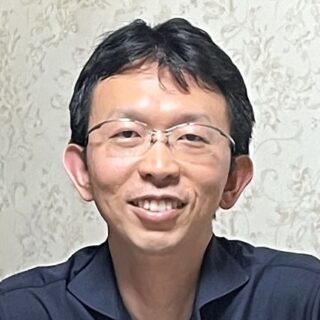 Shinji Harada (Associate Professor, Chiba University, Japan)
Shinji Harada (Associate Professor, Chiba University, Japan)
I participated in the MANABIYA program in February, when Sapporo had even more snow than usual. Due to work commitments, I could only apply for a two-week stay, but I am grateful to Prof. Maeda and Prof. Mita for graciously accommodating such a short visit. Mr. Naitoh, who was assigned as my tutor on short notice, provided excellent guidance that made my limited time highly productive.
>>Read more.
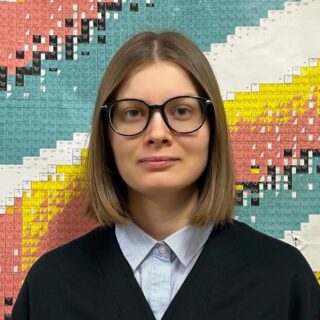 Enni Khult (PhD student, The University of Osaka, Japan)
Enni Khult (PhD student, The University of Osaka, Japan)
As a researcher specializing in the chemistry of heavy elements, I face the unique challenge of studying isotopes that decay almost instantly and can only be produced one atom at a time. My work aims to optimize the experimental design for these elements by constructing machine learning models to simulate their behavior in complex extraction systems. >>Read more.
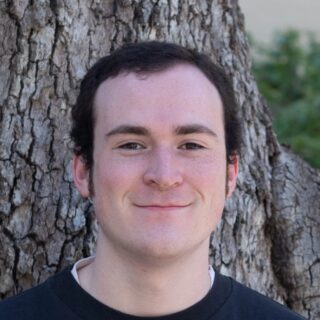 Christian Strong (PhD Student, Caltech, US)
Christian Strong (PhD Student, Caltech, US)
I was fortunate to learn of ICReDD’s MANABIYA Program from a former coworker who is currently an Assistant Prof. in ICReDD, Simon Cooper. I had a strong interest in pursuing an international research experience as a part of my doctoral training, and given the excellent research environment of Hokkaido University in general and ICReDD in particular, it was very exciting to learn that the MANABIYA Program could enable such an exchange. >>Read more.
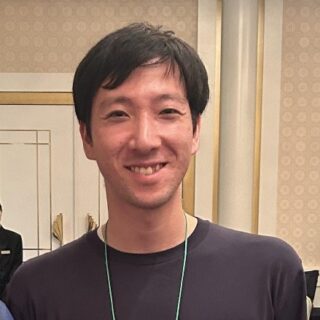 Yasuhiro Yamauchi (Research Scientist, RIKEN, Japan)
Yasuhiro Yamauchi (Research Scientist, RIKEN, Japan)
In the fall of 2024, I decided to apply for the MANABIYA program after being approached by Prof. Mita at a symposium. I had long wished to relearn computational chemistry from a more specialized perspective, and at the same time, my ongoing research project at RIKEN had begun to require more advanced calculations. Looking back, the opportunity came at the perfect moment.
During my stay at MANABIYA, I received comprehensive support from the students in the Maeda group, who guided me through every step including setting up the computational environment, learning how to run basic jobs, and troubleshoot errors. >>Read more.
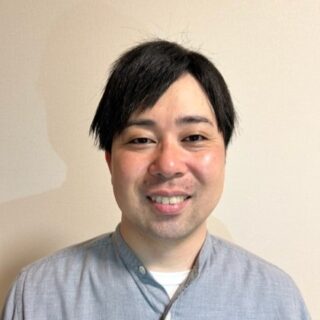 Kazuya Kanemoto
Kazuya Kanemoto
(Tohoku University. Current: Project Associate Professor, Institute of Science Tokyo, Japan)
In June 2025, I had the opportunity to spend three weeks in the Maeda Laboratory through the MANABIYA program. Although I had very little experience in computational chemistry, the members kindly taught me from the basics, and I was able to deepen my understanding step by step. While three weeks was not enough to complete the full mechanistic analysis, I learned how to use GRRM and have continued the calculations with helpful advice from the team even after returning to my lab. I also recognized the strength of GRRM, particularly its ability to identify transition states efficiently. >>Read more.
FY2024
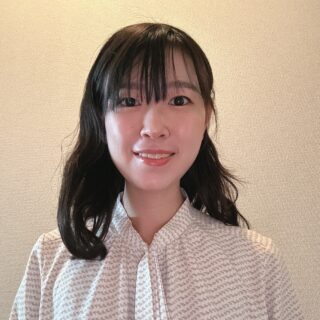 Yuka Iizuka (Ph.D. Student, Nagoya Institute of Technology, Japan)
Yuka Iizuka (Ph.D. Student, Nagoya Institute of Technology, Japan)
I worked on the conformation search for a newly designed dinuclear silver asymmetric catalyst as part of the MANABIYA program. As a result, we were able to elucidate the catalyst structure, which had not been sufficiently clarified by experimental studies alone, by calculations using the AFIR method. In addition to being able to present a structure that would have been difficult to anticipate using conventional Gaussian-based structure optimization calculations, I gained a great sense of achievement when the computational interpretation was consistent with the experimental results.
I was unfamiliar with computational chemistry, so I was initially concerned about whether I would be able to acquire the necessary know-how before participating in this program; however, thanks to the careful and dedicated guidance provided by Mr. Ueno and Mr. Kanna, I was able to proceed with my research smoothly even after returning home. Owing to the substantial contributions of the AFIR calculations, we were able to publish our results in J. Am. Chem. Soc. I would like to express my deepest gratitude to Prof. Maeda for providing valuable advice through scientific discussions, as well as to Mr. Ueno and Mr. Kanna for their kind cooperation. I will continue my doctoral research with renewed motivation, building on the experience gained at MANABIYA.
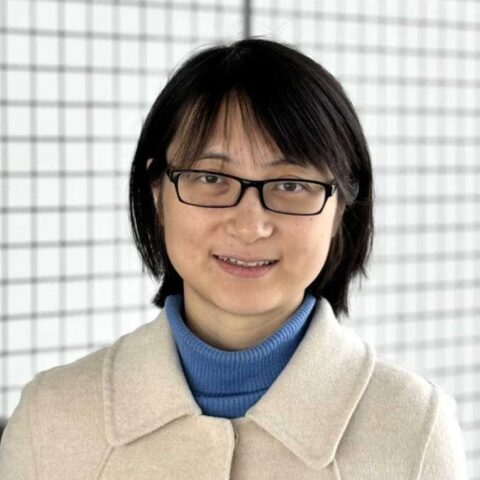 Can Liu (Postdoctoral Researcher, Hokkaido University, Japan)
Can Liu (Postdoctoral Researcher, Hokkaido University, Japan)
In this MANABIYA project, I used VASP to calculate intermolecular interaction energies and diffusion paths to explain the experimental results of STM. I have had a successful collaboration with Assoc. Prof. Gao Min before. She recommended me to take advantage of this MANABIYA project when we discussed this new research. So I applied and got the opportunity. Thanks to ICReDD’s high-performance servers, perfect computational support, and wonderful guidance and assistance of collaborators, we successfully completed the project. The results will be submitted for publication soon. I would like to express my special thanks to Assoc. Prof. Gao, Dr. Shen, Assoc. Prof. Harabuchi, and Prof. Mita, for their support and help.
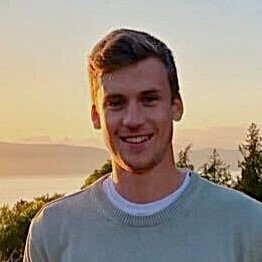 Matthew Lowe (PhD Student, Newcastle University, UK)
Matthew Lowe (PhD Student, Newcastle University, UK)
I first heard about the MANABIYA program after Professor Ito visited my university to give a lecture. I applied to the program in order to collaborate with the Ito group in the area of mechanochemistry and was accepted to work in Professor Ito’s group for two months.
During my time in Hokkaido University, I learned an enormous amount under the supervision of Professor Ito and Assoc. Professor Kubota about mechanochemistry. I was able to collect plenty of high-quality data for our project and we aim to publish these results in a high-impact journal. My time in the Ito group also provided me with the opportunity to present my previous work at the prestigious ICReDD international symposium, which was incredibly valuable to my professional development. >>Read more.
Eiji Yamaguchi
(Associate Professor, Gifu Pharmaceutical University, Japan)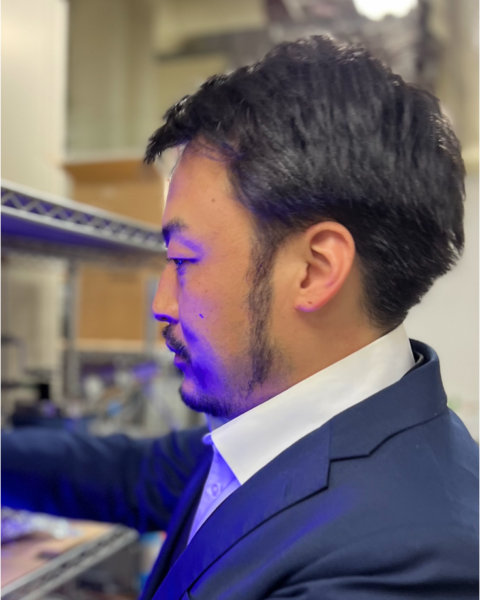
At the end of July 2024, I left Gifu and landed at the cool Chitose Airport. Although I had visited Hokkaido before, this time I was particularly surprised by the temperature difference. I remember my mood naturally lifting with the expectation of spending a summer in such a comfortable climate.
The purpose of this stay in Hokkaido was to participate in a program called MANABIYA. This program attracts students and faculty not only from Japan but from around the world. I learned about it when Professor Mita enthusiastically promoted it at that year’s conference. At the time, I felt my research needed a computational chemistry solution, which led to my decision to participate. >>Read more.
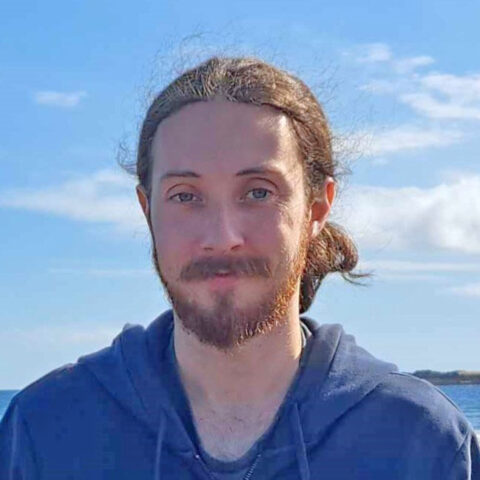 Jack Hemingway
Jack Hemingway
(Postdoctoral Research Associate, Newcastle University, UK)
I applied to the MANABIYA program after reading several papers discussing the use of the AFIR method for reaction pathway discovery and thinking it would be incredibly useful to my research, particularly to explain an experimental result for which the mechanism was completely unclear. I was accepted into the group of Professor Maeda and supervised by Specially Appointed Assistant Professor Hayashi to learn the AFIR method and apply it to the reactions I was working on. Professor Mita welcomed me to the University and members of his group as well as the Maeda group were always available to ask for help if it was required and made me feel very welcome during my time in Sapporo. >>Read more.
FY2023
Hiroki Shigehisa (Lecturer, Musashino University, Japan)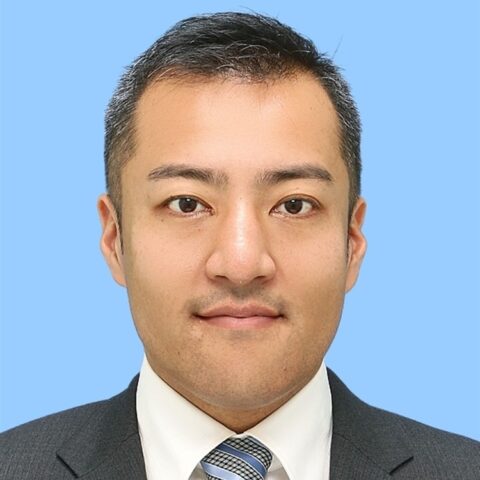
I learned about the start of applications for MANABIYA from Prof. Mita, a close friend from my student days, I had the opportunity to participate in the MANABIYA program in late February 2024. The timing coincided with a period of heavy snowfall, requiring snow boots to navigate the challenging conditions. Due to personal and professional commitments, I undertook the demanding schedule of traveling between Tokyo and Sapporo twice within two weeks. Despite these challenges, my anticipation for the valuable learning experiences ahead kept me motivated. >>Read more.
David Liptrot (Senior Lecturer and Royal Society University Research Fellow, University of Bath, UK)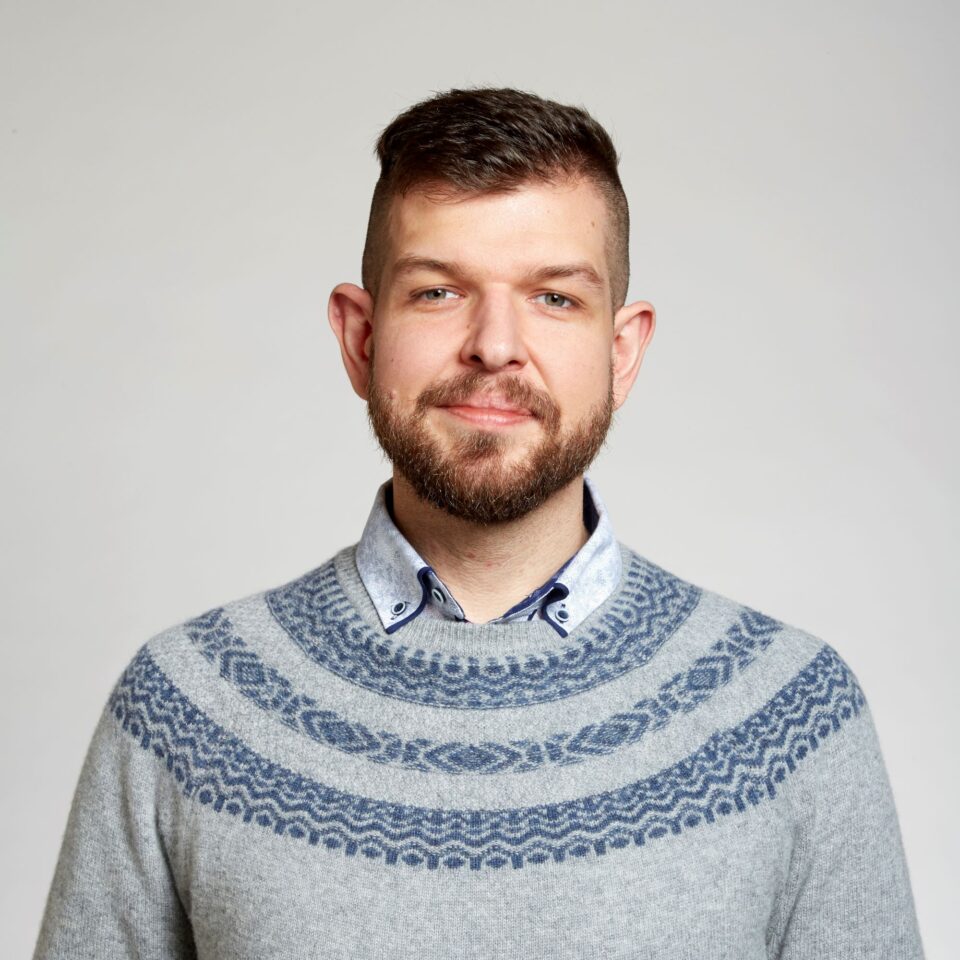
I joined the MANABIYA program after seeing excellent research from ICReDD presented at a conference. I joined the groups of Professor Maeda and Professor Mita hoping to learn the AFIR method for reaction discovery. I was immediately impressed with the strength of the AFIR method, and excited to apply it to the research going on in my research group. I was excellently supported during my time at ICReDD by many researchers, and as a result got a thorough grasp of AFIR. The results I garnered in only 5 weeks at ICReDD have already directly contributed to a successful grant application, and a publication based on synthetic work driven by these results is nearing publication. >>Read more.
Kiho Matsubara (PhD Student, Gunma University, Japan)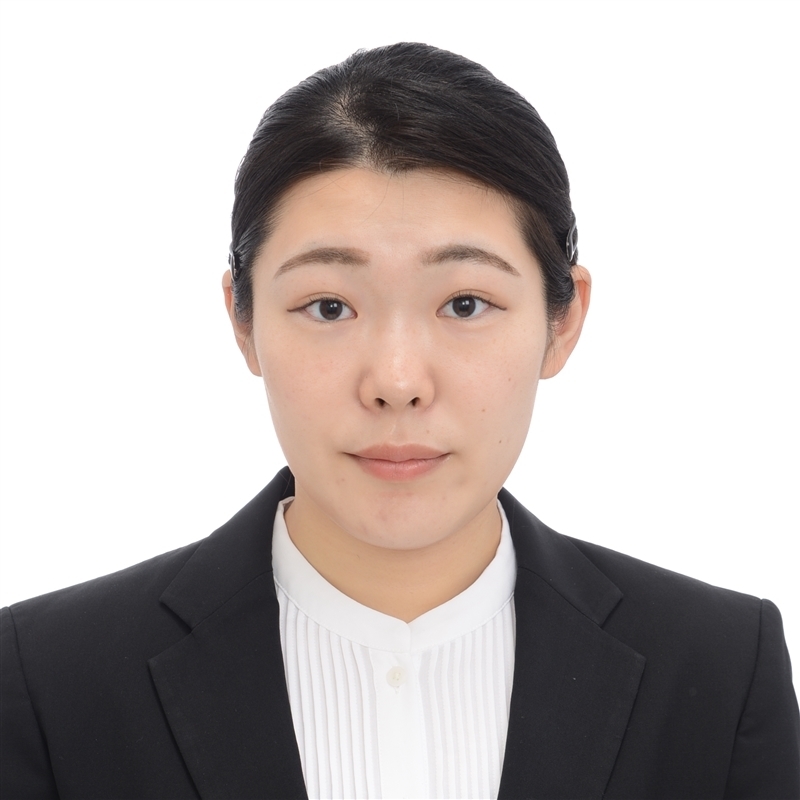
I spent an amazing time at WPI-ICReDD and enjoyed learning how to use the state-of-the-art GRRM program and discussing how I could enrich my ongoing research projects by using GRRM during my stay under the MANABIYA ACADEMIC program, both in 2022 and 2023. The time spent researching in this rare environment stimulated my own research attitude and was so meaningful that I decided to participate again in 2023. In 2023, I was also able to greatly expand my network of contacts by attending symposia and lectures organized by ICReDD. I think one of the main attractions of the MANABIYA program is the opportunity to actively participate in the activities of a research institution where cutting-edge research is being conducted. Regarding my computational chemistry work, I cannot thank all of the folks at ICReDD enough, especially Prof. Maeda, Specially Appointed Associate Prof. Harabuchi, and all the students in the Maeda lab for their generous support during my stay in Sapporo. Additionally, I very much owe thanks to Prof. Mita, Specially Appointed Assistant Prof. Hayashi, and the Mita group members for their kind supervision over the experimental chemistry work that I did in 2023.
Namhee Kim (PhD Student, Yonsei University, South Korea)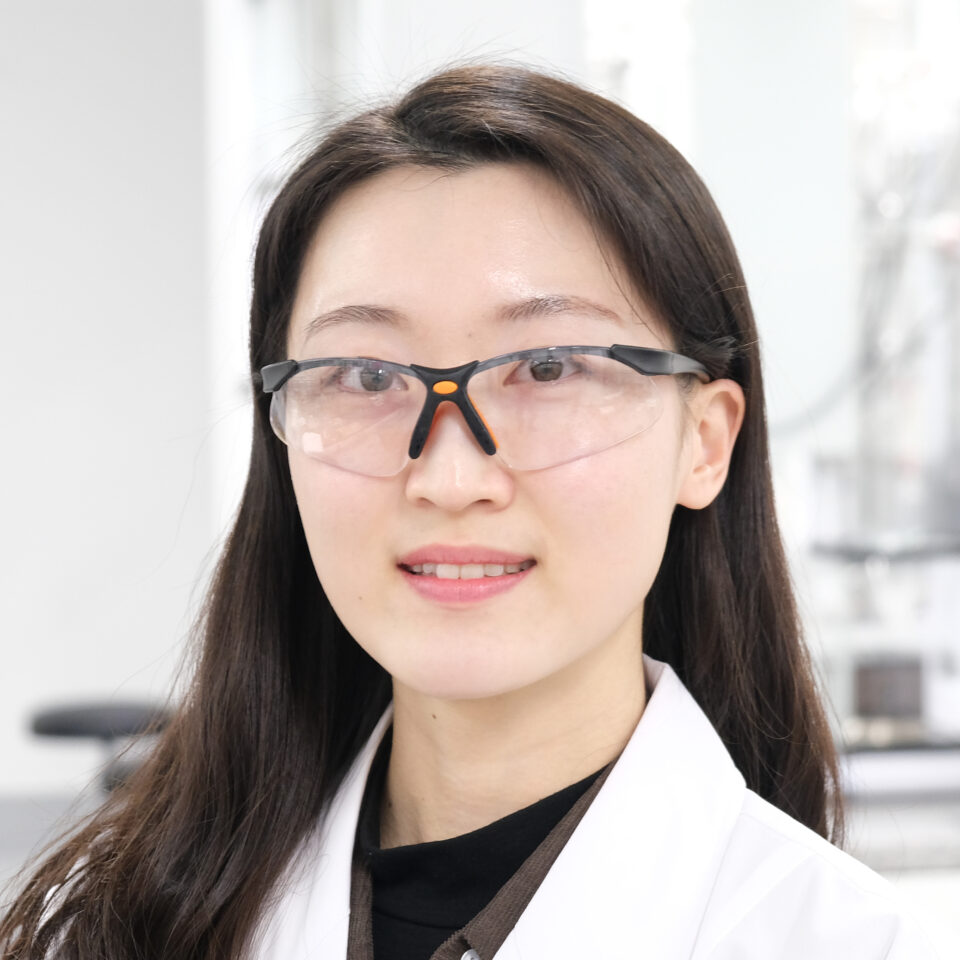
My experience in ICReDD was excellent for pursuing the research I wanted to conduct. The advantage of the MANABIYA program for me was collaborating with experts in the field in an environment equipped with better research and analytical instruments, such as single crystal X-ray diffraction and differential scanning calorimetry. The free sharing of reagents and equipment between labs within ICReDD was also highly beneficial, and I learned various new techniques such as the crystallization of molecular rotors. Moreover, my colleagues were supportive, and I enjoyed social events such as the Christmas party. Throughout the MANABIYA program, I received plenty of administrative assistance, allowing me to enjoy my life without concerns. Overall, I found ICReDD to be a friendly place where people work together and share ideas to conduct high-level research.
Akira Katsuyama (Assistant Professor, Hokkaido University, Japan)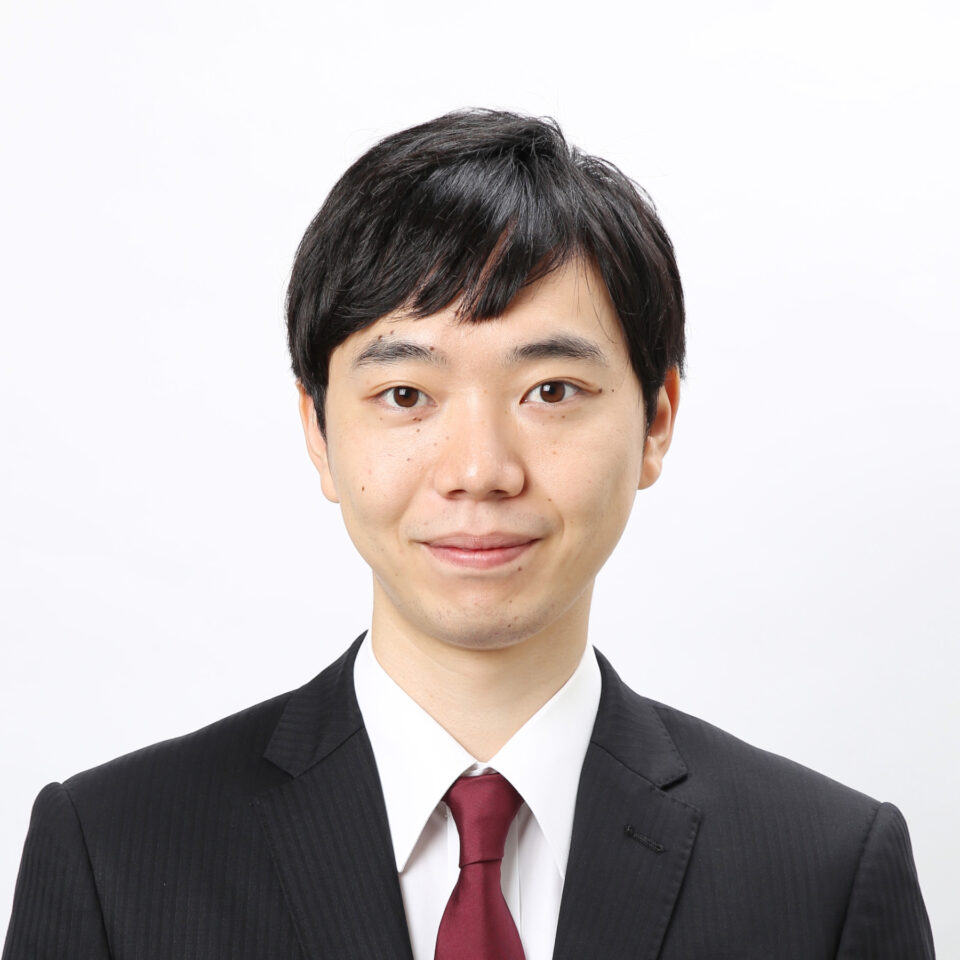
In the MANABIYA program, I learned about reaction path exploration of excited states using the AFIR method. During this experience, as I came to understand the challenges of searching for excited state structures, I realized AFIR is an incredibly powerful computational method for this purpose. The theoretical aspects presented in our published paper could only have been discussed with the help of this method. I am currently using what I learned to continue research that will discover new molecules. I received a lot of assistance from ICReDD staff, especially Professor Maeda and Professor Harabuchi, who enabled a specialist in organic synthesis like me to smoothly conduct computational chemistry research, so I would like to extend my sincere gratitude to them.

